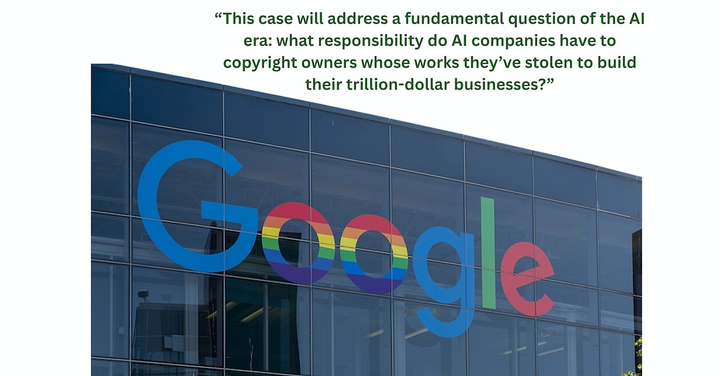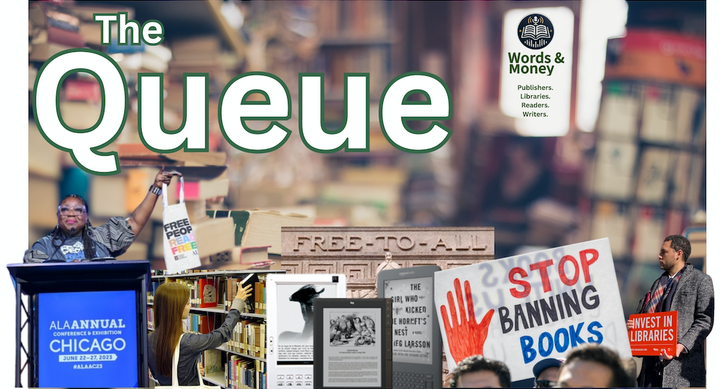The Queue: Library News for the Week Ending June 20, 2025
Among the week's headlines: Escambia County votes to allow book bans without review; a chilling report on the freedom to read in Utah; two more 'Freedom to Read' bills advance; and BookCon returns!
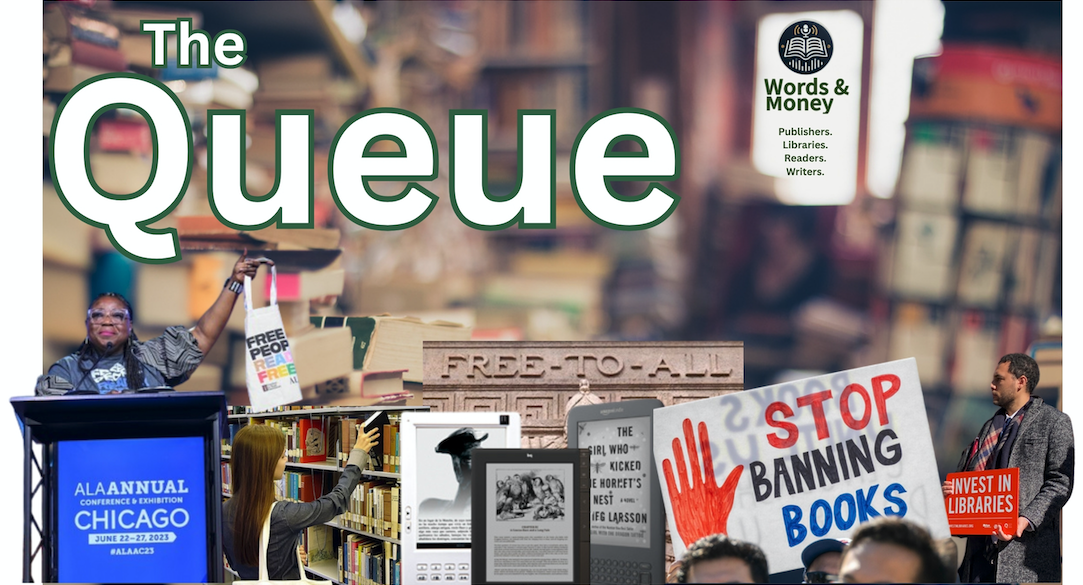
We're a week away from the 2025 American Library Association Annual Conference in Philadelphia, and Words & Money will be there. If you're planning to attend, we'd love to see you. You can visit with us at the Combined Book Exhibit booth (number 1737) on the show floor.
In addition, I'll be attending and presenting at the Ebook Interest Group meeting set for Friday, June 27 from 9:00 a.m-noon at the Pennsylvania Convention Center, Room 103 BC. And later that afternoon, I'll be moderating a panel at the 2025 Library Insights Summit, brought to you by Foreword Reviews and the IBPA. The program is set to run from 8:30 a.m. to 4 p.m. at the Pennsylvania Convention Center, Room 108.

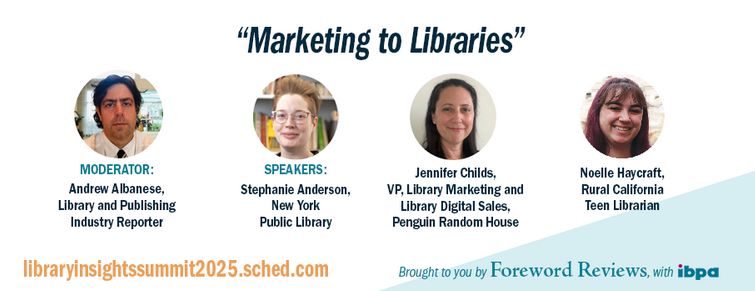
At Words & Money, our exciting journey began with our soft launch at the London Book Fair in March, and we're grateful for the strong support we've received thus far. With the arrival of ALA, we'll be shifting to the next gear, and we'd love to hear from you.
If you'd like to set up a meeting or share any other comments, please email me directly (andrew@wordsandmoney.com), or our publisher, Erin Cox (erin@wordsandmoney.com). We'll also have some fun Words & Money swag at the booth.
We look forward to hearing from you and seeing you in Philly!
In Florida, Escambia County School Board Votes to Ban Books Without Review

After another Florida county official was publicly berated and threatened with prosecution for not pulling books deemed pornographic by the state, no such problems in Escambia County, where local affiliate WEAR reports that the school board voted unanimously this week to allow the superintendent to ban books deemed to be "pornographic" without review.
"Normally, books may be challenged by parents and guardians in Escambia County. They must then be reviewed by book review committees before removal. Tuesday night's decision allows the superintendent to remove those books if he sees fit without review," the report notes.
Another local affiliate, WUWF added more color:

"The board also approved...removing all of the books the Florida Department of Education has deemed pornographic or age-inappropriate without further review, as well as delaying media center purchases," the station reports. "Escambia County teacher Vicki Baggett, who initially kicked off the local book controversy when she challenged more than 100 books in 2022, said removing the books without committee review is a 'smart way to save time and money.'"
Unless you count all the legal fees, that is. "The school board is also in the middle of two lawsuits regarding book restrictions. In December 2024, U.S. District Judge T. Kent Wetherell II recommended that the school board settle its lawsuit with PEN America, which has cost hundreds of thousands of taxpayer dollars in legal fees. Another lawsuit was filed against the school board by the authors of “And Tango Makes Three” for the removal of their book about same-sex penguins raising a chick," WUWF reports.
A Chilling Report on Censorship in Utah

The Salt Lake Tribune reports on an "audit" released this week by Utah's Legislative Auditor General that revealed how librarians and educators in the state, fearful of violating the state's new law governing so-called sensitive materials law, are proactively removing books, often quietly, and sometimes ditching their entire classroom libraries.
"One teacher told auditors she no longer recommends books to students, while several school administrators and librarians reported being 'verbally attacked' by community members who found certain materials offensive," the report notes. "A school librarian also shared that a parent stole a book from the library and refused to return it because they objected to its cover."
But according to the article, the takeaway from the audit may be even more concerning: the solution to mounting controversy over book removals, the audit suggests, is to move the censorship further upstream and not buy the books in the first place.
“If policies remain focused on the removal of materials, rather than proactively selecting materials, [schools] may experience recurring cycles of challenges that could be avoided with clearer front-end selection standards,” the audit stated.
The report comes a day after the Tribune also reported that free-speech advocacy group FIRE (The Foundation for Individual Rights and Expression) wrote a letter challenging the state's guidance restricting students from carrying their own personal copies of banned books on school property. While “obscene” materials not protected under the First Amendment, "Utah’s definition of 'sensitive materials' doesn’t meet the legal standard for obscenity—so students still have the right to bring those books to school," FIRE states.
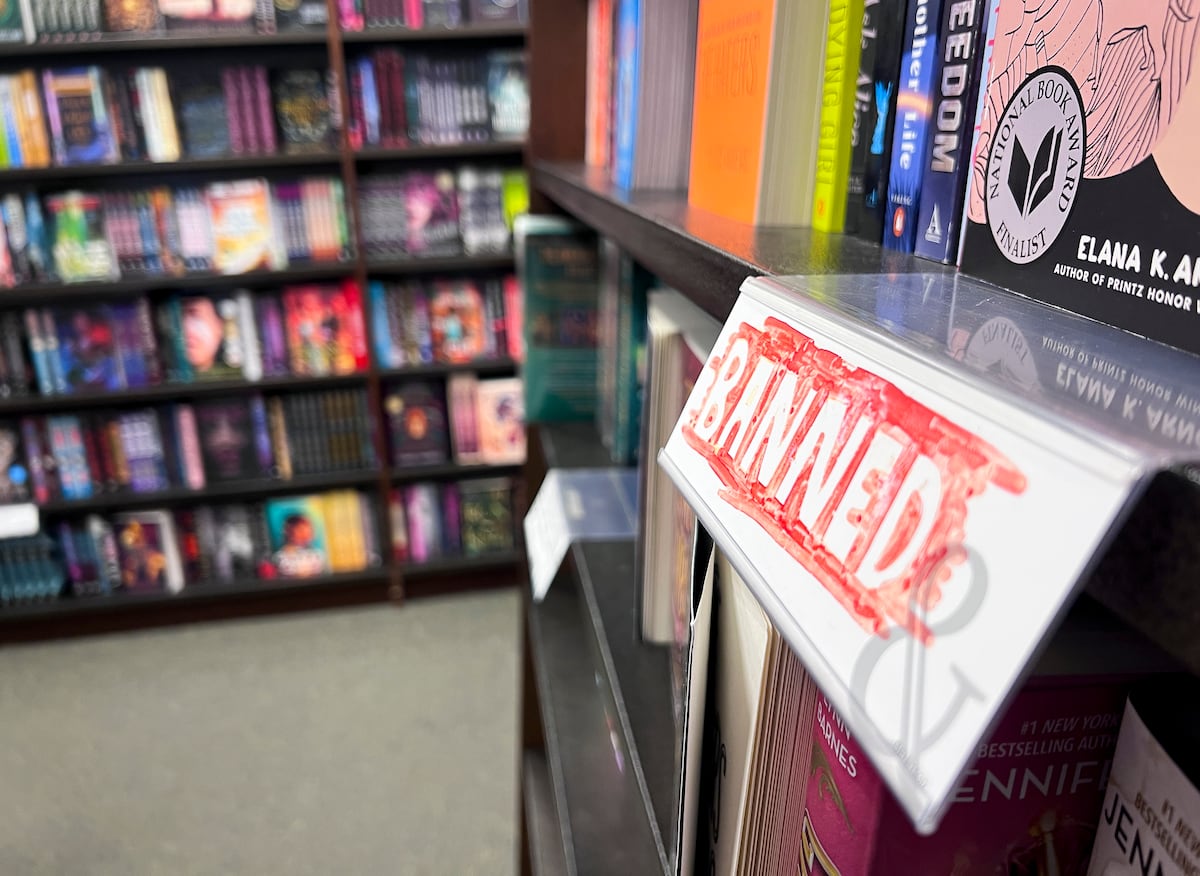
Ohio Senate Fails to Step Up for Libraries

Via the Ohio Capital Journal, it appears that the Ohio state senate will not come to the rescue of the state's libraries, as a controversial new funding formula for libraries remains in the senate version of the state's budget bill.
"A funding plan that was opposed by Ohio librarians and advocates alike has been included in the Ohio Senate’s budget plan, and could stay on as the Ohio House and Senate combine their budget drafts into a final version. It also includes a contentious provision to move certain materials deemed not fit for children," the report states.
The Journal also reports that library leaders are pushing back on a provision in the budget bill requiring them to segregate books based on sexual or gender identity. "Library leaders decried the move, saying smaller libraries couldn’t accommodate a request, and even the ones that could said it would come at significant administrative cost to move the materials. They also criticized the provision for being vague about what materials would be included in such a requirement."
And, for good measure, the budget proposal also includes a cut for the state library, which is already facing budget pressure due to the uncertain future of the IMLS.
Alabama Library Still Facing Loss of State Funds Over YA Book Censorship
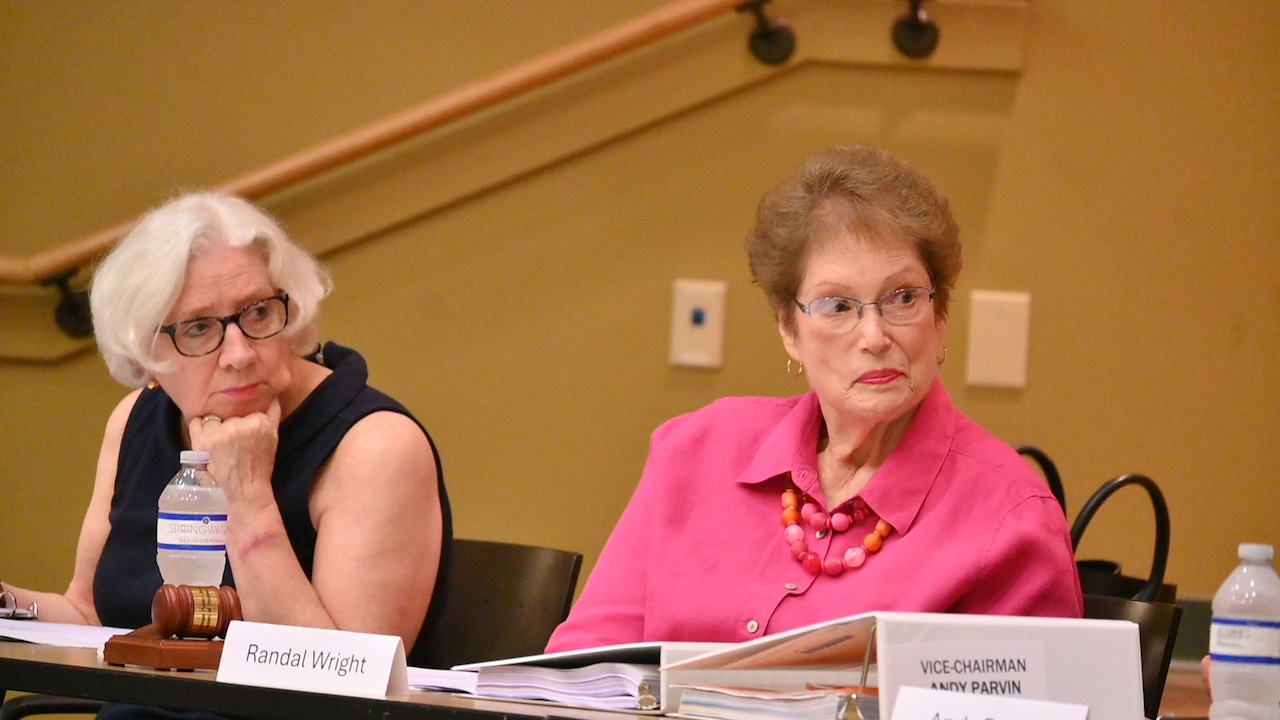
AL.com reports that the Alabama Public Library Service is still withholding funds from the The Fairhope Library for not relocating enough of the books that the state agency disapproves of.
"The Fairhope Library Board is hopeful that after reviewing 15 challenged books in recent months, and reshelving five of them to adult sections, they will get their state funding restored," the report states. "But a member of the Alabama Public Library Services board who pushed for the Fairhope Library’s funding freeze in March, says the state money won’t be restored until all books with references to sex acts like masturbation are relocated to adult sections."
South Carolina Librarian Sues Over Firing

The Post and Courier reports that South Carolina librarian Sue Andrus has filed a lawsuit claiming she was wrongfully fired for objecting to the cancellation of the library's Pride month displays starting in 2023.
"Concerned about the discriminatory message it sent to LGBTQ+ staff and patrons, the 61-year-old Andrus respectfully vocally objected to the decision and engaged in 'protected activity'—wearing a crocheted rainbow lanyard that she’d made the previous year," the report states. She was later terminated, along with a colleague "who had also spoken out about the display and worn a rainbow lanyard."
Andrus is "requesting a jury trial to reinstate her position, issue back pay for the lost wages and front pay through her retirement age and protect employees from future instances of discrimination and retaliation."
Oregon Governor Signs Freedom to Read Bill

Via local affiliate KGW8, Oregon Governor Tina Kotek on June 17 signed the state's "freedom to read" bill into law.
The bill, SB 1098, "would essentially ban book bans by prohibiting school district and libraries from removing books or instructional materials based solely on the author or subject belonging to a protected class, such as race, color, religion, sex, sexual orientation, gender identity, national origin, marital status, age and disability," the article notes.
New York, Rhode Island Advance Freedom to Read Bills
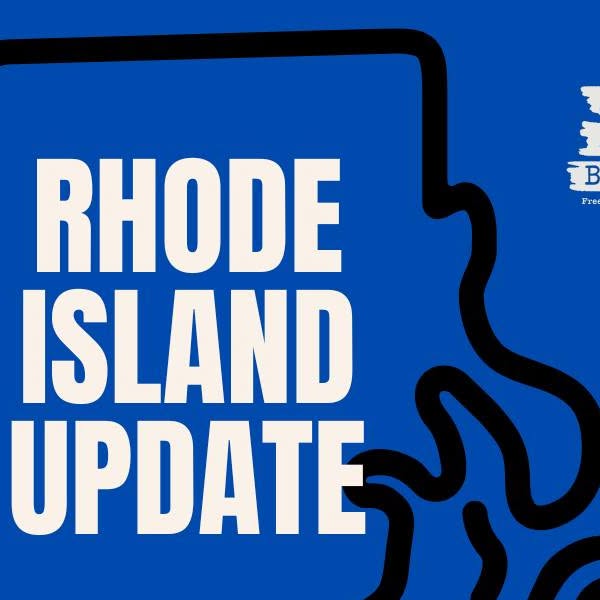
More good news, Authors Against Book Bans reports that Rhode Island's "Freedom to Read" bill is headed to the governor's desk. According to the Boston Globe (the article is paywalled) the bill passed the Rhode Island House of Representatives "after a contentious debate." In addition, New York also passed its Freedom to Read bill this week, which is also now awaiting the governor's signature.
North Dakota GOP Censures Governor over Book Ban Veto

InForum reports that the North Dakota Republican party this week has voted to censure Governor Kelly Armstrong after he vetoed a book ban bill earlier this year.
"The North Dakota Republican Party expresses its deep disappointment in the failure to enact Senate Bill 2307 due to the Governor’s veto and the Legislature’s inability to override it," the censure resolution states. Armstrong was "blunt" when contacted about the censure, InForum reports. "I don't care," he said.
As we noted when we first reported Armstrong's veto, the governor didn't just veto the bill, he destroyed it. In a blistering signing statement, Armstrong called the bill “a misguided attempt to legislate morality through overreach and censorship.” Armstrong's barbed veto statement is well worth a read. “I don’t pretend to know what the next literary masterpiece is going to be,” he wrote at one point. “But I know that I want it available in a library.”
Just thinking out loud here, but you know what would stop the North Dakota GOP from censuring its own leaders over a bill that the governor and most of the state, including much of the state senate, know is a terrible idea? A freedom to read law.
Will 'Little v. Llano' Become the New Supreme Court Book Banning Standard?
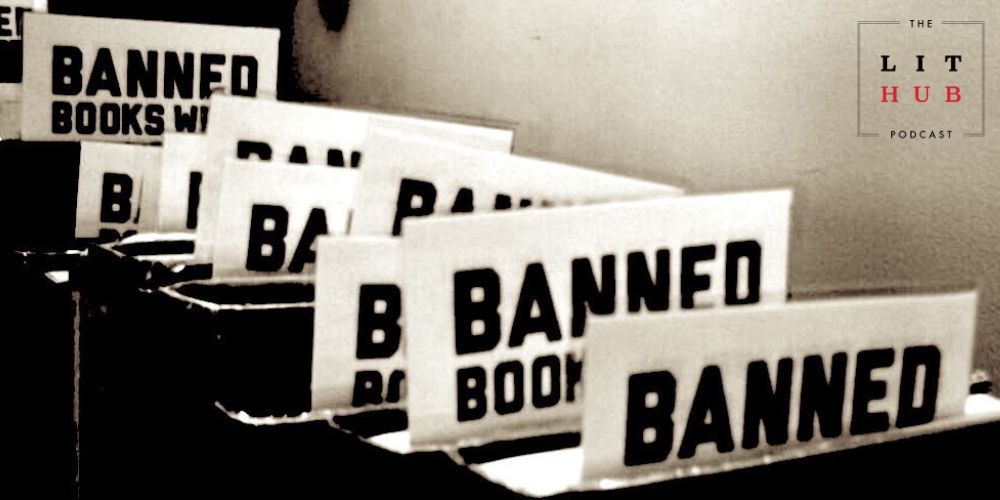
Writer and librarian Anthony Aycock has a piece over at LitHub this week that discusses whether the Fifth Circuit's recent decision in Little v. Llano will be the vehicle that gets book banning back before the Supreme Court. I've covered this case closely from the start, so let me just cut to the chase: yes, it will.
"Book ban cases have ramped up in recent years, and judges are flying blind, continuing to make guidance-free rulings," Aycock writes. "All it takes is one ultra-determined litigant to push through a test case, a Pico 2.0. When that happens, will the Supreme Court unequivocally recognize a constitutional freedom to read? Or will it strike a blow for censorship?"
A Read-in for the Freedom to Read in North Carolina
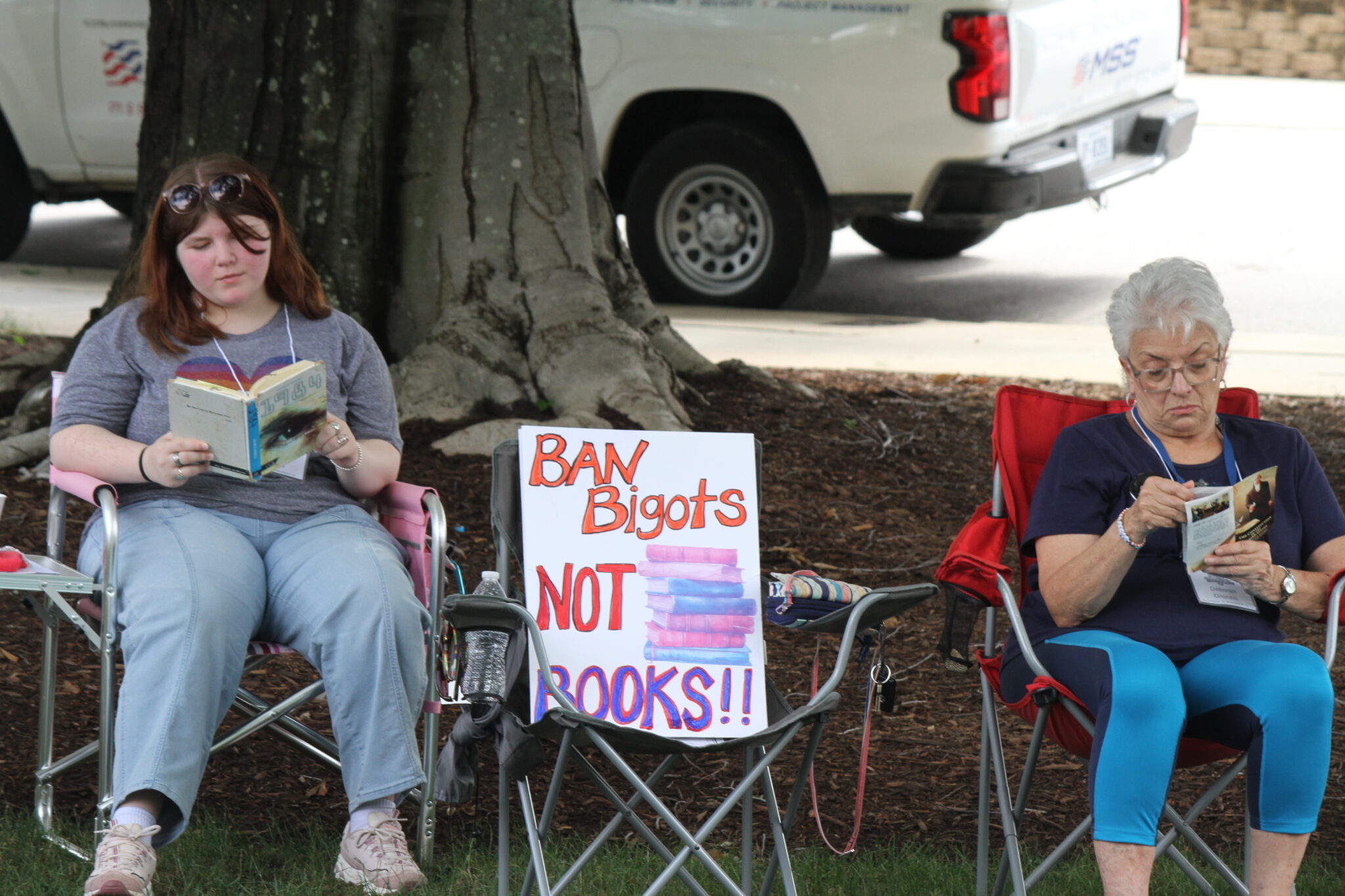
EdDaily reports on a “banned book read-in” on the lawn of the North Carolina General Assembly to rally opposition to a book banning measure, House Bill 636, among other bills in pending the North Carolina legislature.
"Torrie Oglesby, a community organizer with Red Wine & Blue, said that reading teaches empathy. 'I can only live my one life, but through literature, I can see other people’s experiences,' she said. 'That is never anything to censor, that is never anything to ban,'" the report states.
Among the bill's provisions, the report notes that HB 636 would "classify content that 'includes descriptions or visual depictions of sexual activity or is pervasively vulgar' as inappropriate for school libraries,"and would allow "parents and residents to sue a school" that fails to comply with the law. "The bill has passed the House and is currently before a senate committee."
Residents Hope to Save North Carolina Library After Dispute Over Pride Display
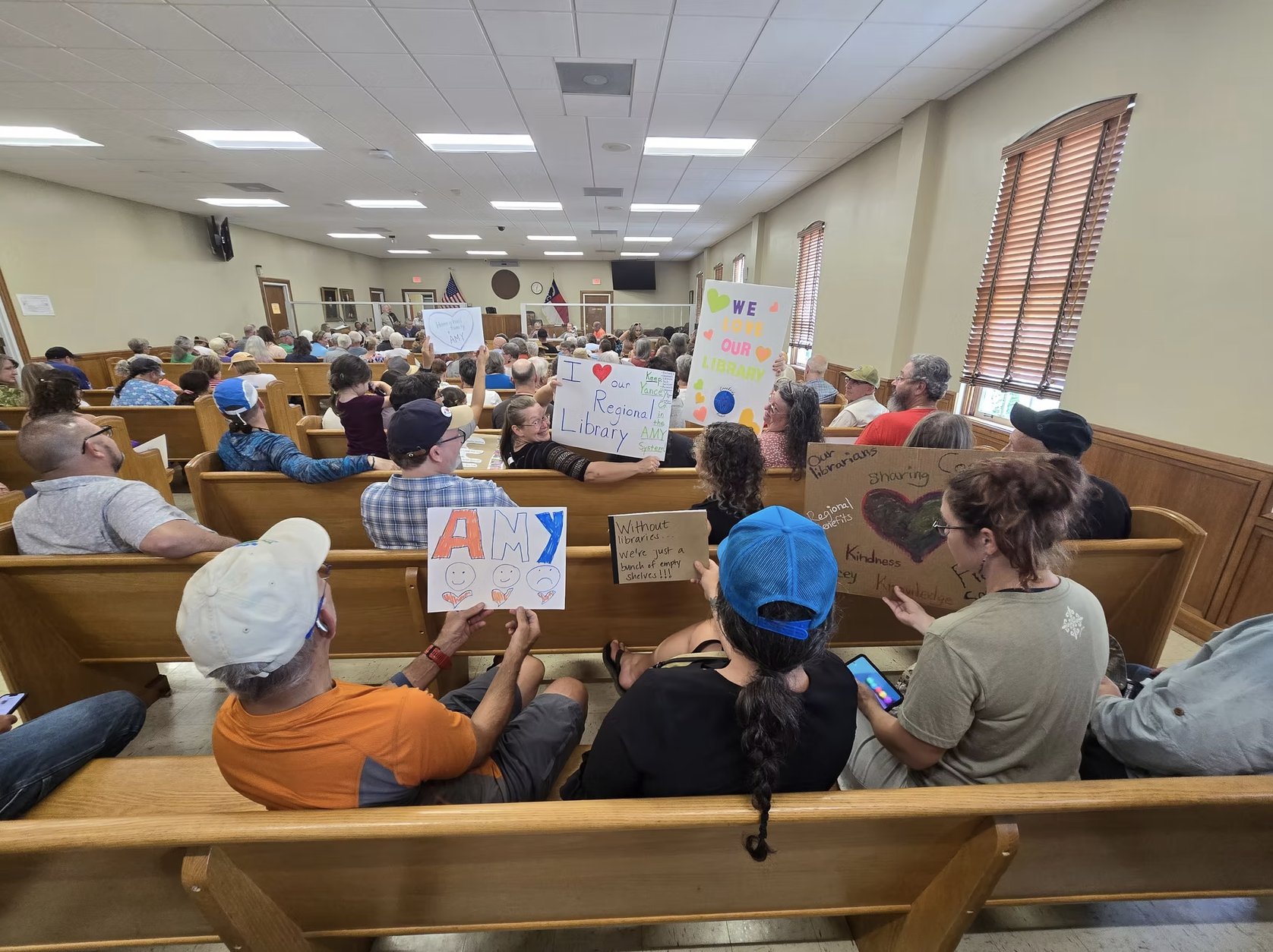
The Carolina Public Press reports that, with a July 1 date looming for a Yancey County library to officially exit its regional public library system, opponents of the move are considering a lawsuit to block the move.
"The two-year-long debate over the future of the library in Burnsville began with residents’ complaints over a Pride Month display in 2023," the report states. "County commissioners first announced their intent to leave the Avery-Mitchell-Yancey Regional Library last June. That decision followed a tumultuous year in which Yancey overhauled the public advisory board for its library branch, which included the appointment of residents who decried books featuring LGBTQ+ characters and themes as inappropriate for children."
Reflecting on Four Years of Book Bans

It's hard to believe that Kelly Jensen has been writing her must-read censorship news roundup at Book Riot for four years now, but here we are. This week, she looks back at some of the stories she's reported over the year. "In some ways, I haven’t written anything new in the world of book censorship because the tactics, goals, and outcomes have not changed much at all over the course of this significant era of censorship."
And Finally This Week...

It's back. Jim Milliot at Publishers Weekly reports that "five years after “retiring” BookCon and BookExpo, ReedPop has announced—to the surprise of many in the book business—that it plans to revive BookCon."
The announcement comes after whispers in the industry had grown louder that some sort of show would return after Reed posted job announcements this spring.
"The new iteration of the consumer-facing show is slated for April 18-19, 2026, returning to its former home in New York City’s Javits Center," PW reports. "Jenny Martin, who headed up the earlier iteration of BookCon as well as BookExpo... stressed that the revived event will bear no resemblance to BookExpo, an industry trade show," telling PW that the BookCon team is focused on delivering "a consumer event."
I'm sure the major publishers are jumping with joy at the prospect of dragging their booths out for a one day event smack dab between the London Book Fair and ALA, but, frankly, it is a travesty that the United States doesn't host a major publishing industry event. So here's hoping that this "consumer event" is a first step toward changing that.
I'll also note that BookExpo had become a popular event for librarians over the years (thank you Barbara Genco!), so we'll be keen to see where librarians might fit into ReedPop's vision.
















